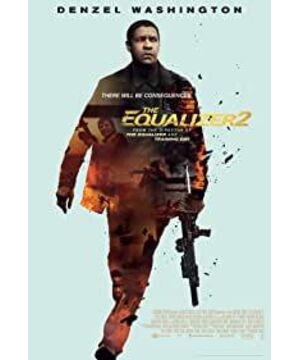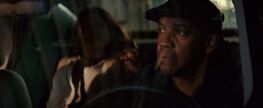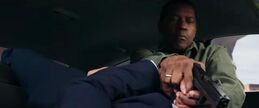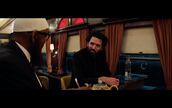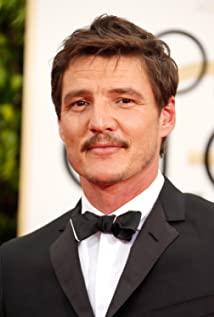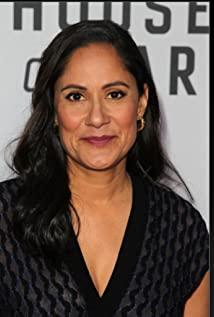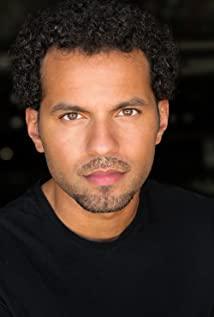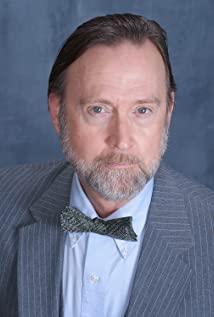I should have seen the first one, but I don't remember much because it's been a long time.
As you can see from the title, this is a story about doing things for the sky. Redress, if it depends on someone, then where is the law?
Or is it because legal sanctions have their inherent limitations, so it is necessary for a certain person (such as the male protagonist) to exist?
In the movie, there is almost no expression on the male protagonist's face, and he can't see the fluctuations in his heart. For the injustice in the society, he has broken away from the anger at the beginning, and then transformed it into a series of violent actions. However, when he learned that his only friend was killed, the male protagonist was still angry.
At the end of the film, all the "bad guys" were killed, and they died miserably. Why "do evil"? Because in the eyes of "bad people", it is also killing people, killing in the name of the government, and killing for the purpose of money, there is no difference between the two, both are for a better life.
So after watching this film I have a question: Is violence justified by so-called "justice"?
View more about The Equalizer 2 reviews


